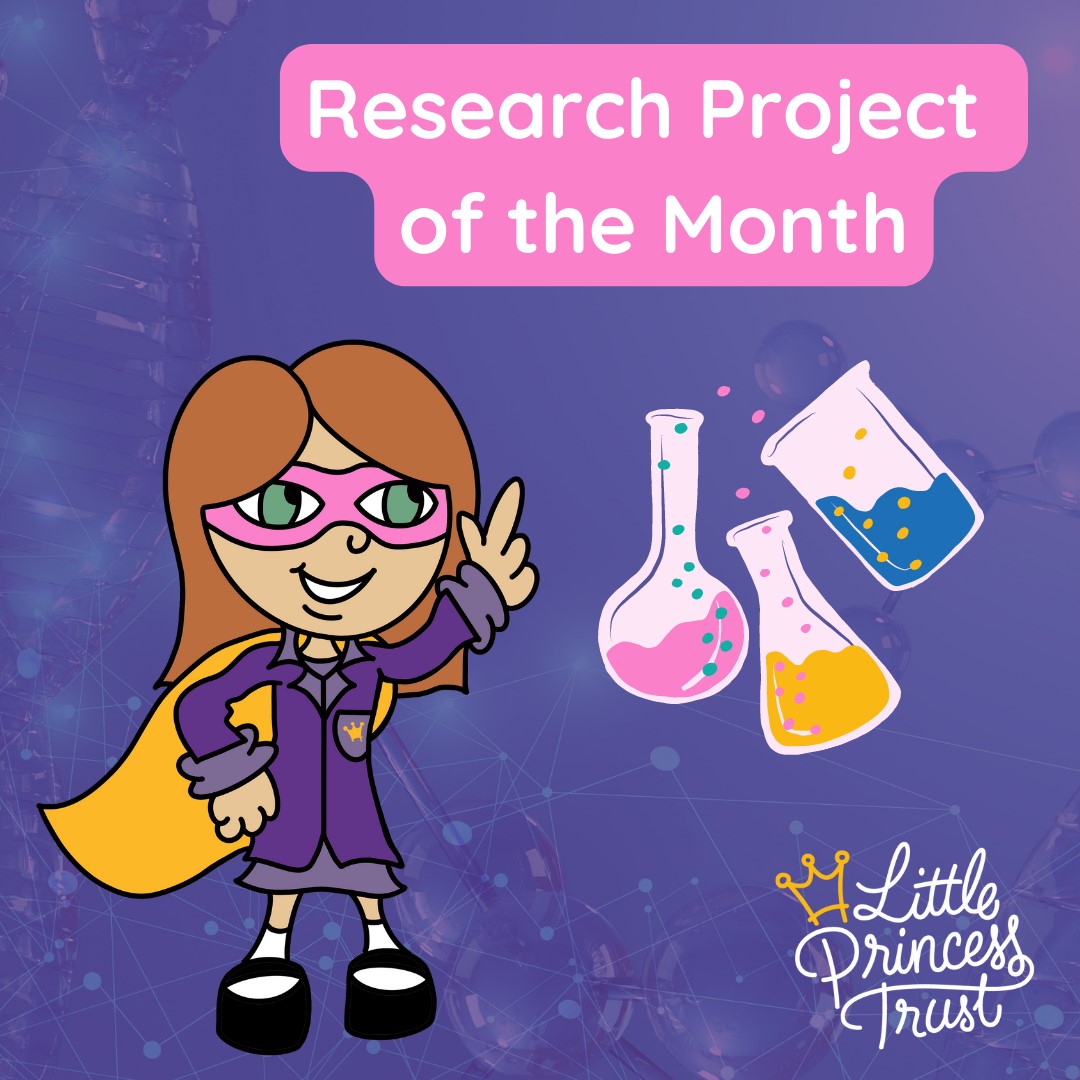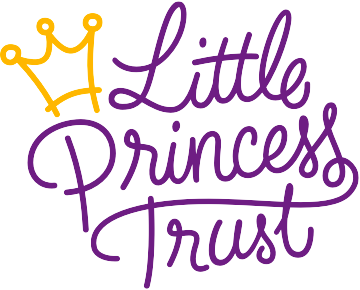Little Princess Trust News
Using computers to improve cancer treatment

How Artificial Intelligence could help to treat one childhood sarcoma
There are 76 different types of childhood cancer, covering everything from cancers that spread in the blood to lumps that grow in the brain.
Just like there isn't one type of childhood cancer, there isn't one type of childhood cancer researcher.
Some researchers also treat patients in hospitals, some work just on data, and some analyse feelings and experiences.
These are just a few examples - there are many types of researchers looking at different aspects of cancer.
Dr Yinyin Yuan focuses on using computers to improve cancer treatment. She worked on a Little Princess Trust project that ended in 2021.
At the time, she led the Computational Pathology and Integrative Genomics Team at the Institute of Cancer Research. Her team uses computers and artificial intelligence to understand more about cancer.
_1.jpg)
In her Little Princess Trust-funded project, she aimed to create a better way to assess rhabdomyosarcoma (RMS) samples.
Currently, doctors look at cancer samples under a microscope to help them figure out what subtype of RMS a patient has.
This helps them decide what treatments might work, alongside genetic test results. Tumours are quite complicated, and there are a lot of features seen in microscope images that there are no standard ways to assess.
One of these features is blood vessels. They are really important for cancer because they bring oxygen and nutrients to the cancer cells and remove their waste.
It uses artificial intelligence to quickly find and count blood vessels in a sample.
They also deliver chemotherapy. Therefore, they are essential for survival but also dangerous for cancer cells.
In her project, Yinyin created a computer program to analyse the blood vessels in RMS samples. It uses artificial intelligence to quickly find and count blood vessels in a sample.
Yinyin tested her program on 181 RMS samples. She found that patients with lots of blood vessels in their tumours, who also had certain genes, generally did better with treatment.
This suggests the program could predict which patients need more treatment based on the number of blood vessels in their tumour.
The new AI could also be valuable in further research and clinical trials for rhabdomyosarcoma and other cancers.
Yinyin's work could help doctors assess the risk for patients, one day leading to more effective treatments and fewer side effects.
Find out more here.



